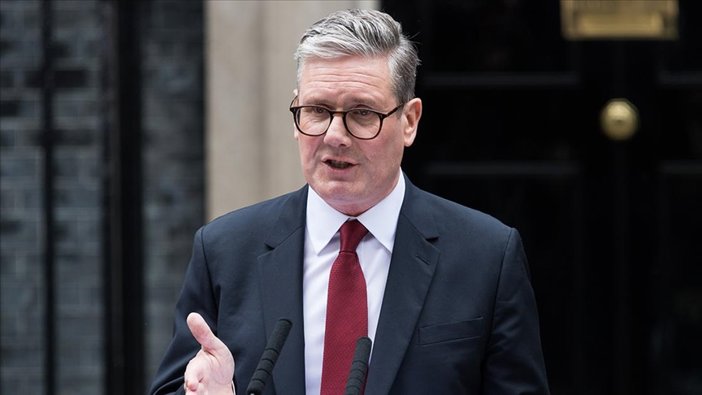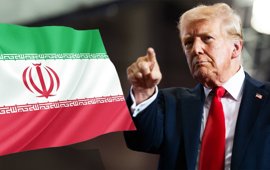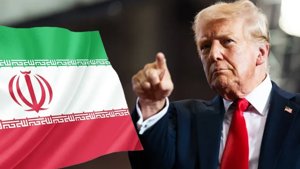
UK Considers Response to U.S. Tariffs
British Prime Minister Keir Starmer has issued a strong statement in response to the United States’ recent decision to impose a 25% tariff on vehicle imports, calling the move “concerning” and warning that all possible response options remain under consideration. His remarks come amid growing unease in the UK’s automotive sector and wider industry over the potential economic fallout of the U.S. measure.
Speaking to Sky News on Friday, Starmer confirmed that the British government is in active discussions with the United States to reduce the impact of the tariff. “None of them want to see a trade war, which is why we're engaged in discussions with the United States about mitigating the impacts of the tariffs,” he said, referencing the industries most affected by the new policy.
The Prime Minister emphasized that while the UK prefers a diplomatic and negotiated solution, national interests would guide the government’s response if the situation does not improve. “Our national interest has to come first,” Starmer stated, suggesting that retaliatory trade measures are not off the table.
The U.S. administration’s decision to enforce a 25% tariff on vehicle imports has triggered international concern, with major exporting countries voicing opposition. For the UK, whose automotive industry is heavily intertwined with international trade, the move poses significant risks, particularly in terms of export competitiveness and job security.
Starmer’s comments mark the clearest indication yet that the UK is prepared to escalate the matter if needed, though his government remains committed to ongoing dialogue. Officials have reportedly begun consulting with business leaders and trade organizations to assess the full scope of the tariff’s impact and to shape a potential policy response.
Industry leaders have warned that the tariff could lead to higher vehicle prices, disrupted supply chains, and reduced exports. The British government has indicated its willingness to use all available trade tools to protect domestic industries if negotiations with the U.S. prove unsuccessful.
As discussions continue, both governments appear to be walking a diplomatic tightrope—balancing economic concerns with political pressures. The coming weeks will be critical in determining whether the dispute is resolved amicably or escalates into a broader trade conflict between two longtime allies.






